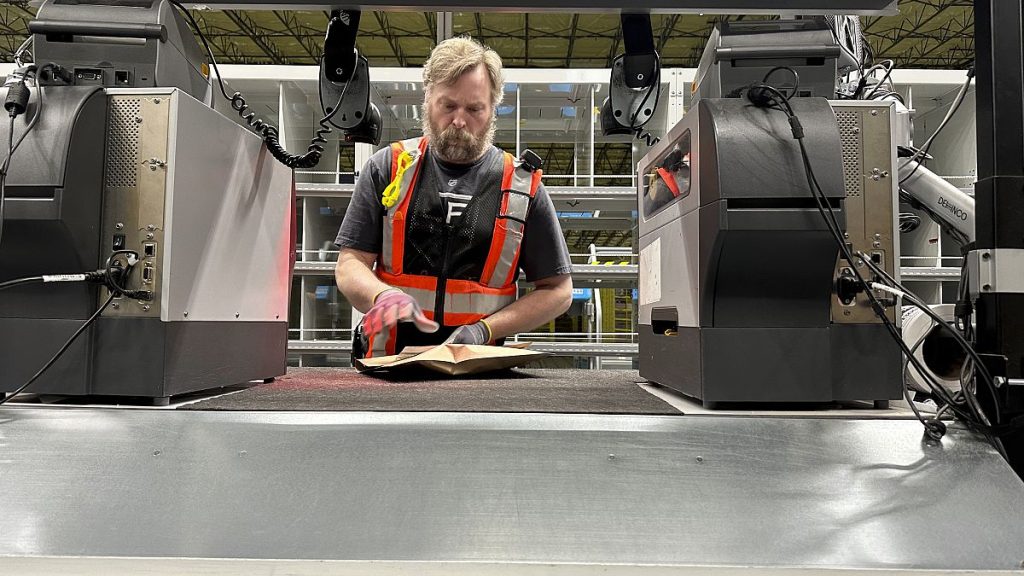In February, Amazon lobbyists were barred from accessing the European Parliament due to their failure to attend scheduled hearings, raising significant concerns over their working conditions and practices. Key figures within the European Parliament are set to discuss the potential reinstatement of these lobbyists’ access this Thursday, as internal documents indicate. Amazon’s Director of EU Public Policy, James Waterworth, reached out to Li Andersson, chair of the Parliament’s Employment Committee (EMPL), to reaffirm the company’s commitment to supporting the committee’s initiatives and to propose a visit to Amazon facilities. The outcome of this discussion is crucial, as it involves the balance between corporate engagement and accountability regarding labor rights.
The EMPL committee had previously made attempts to engage Amazon, inviting the company to meetings in May 2021 and January 2024, both of which were declined. Additionally, a planned visit to Amazon’s facilities in Poland and Germany in December 2023 was canceled. This repeated non-cooperation from Amazon led lawmakers to withdraw the access privileges from 14 lobbyists, a decision backed by over 30 European trade unions. The committee expressed their rationale, emphasizing that it was unreasonable for Amazon’s lobbyists to engage with parliament members while simultaneously evading discussions regarding potential breaches of fundamental rights within EU labor laws.
The upcoming discussions in the Parliament will focus on two key issues: whether to organize a mission to Amazon’s facilities to inspect working conditions and how to ensure Amazon participates in an EMPL committee meeting. An Amazon spokesperson reiterated the company’s intention to maintain an open dialogue with Parliament about important issues affecting its operations in Europe. The spokesperson expressed hope for a proactive and amicable relationship moving forward, stressing a desire for constructive engagement.
However, EMPL member Estelle Ceulemans articulated that any progress hinges on Amazon’s willingness to accept the committee’s invitation for a hearing. This step is deemed critical to upholding the democratic oversight process, which lawmakers believe should not be compromised by corporate lobbying efforts that prioritize profit over workers’ rights and well-being. The expectation that Amazon should demonstrate accountability is a significant part of the political discourse surrounding these events.
In light of the ongoing tension, several trade unions have formally organized their stance, urging parliamentarians to carefully consider their decisions regarding Amazon’s access. A letter sent to EMPL coordinators by unions like UNI Europa and the European Trade Union Confederation outlined clear conditions for Amazon’s return, emphasizing the need for the company to attend hearings and facilitate visits from committee members and workers’ representatives to its warehouses. The unions argue that these engagements are essential to establishing a transparent and fair dialogue regarding working conditions.
The discussions on Thursday will therefore serve as a critical juncture in the relationship between Amazon and European lawmakers, particularly concerning corporate accountability and employee rights. With ongoing scrutiny and continuous calls for transparency, the future of Amazon’s lobbying presence in the European Parliament will likely depend on the company’s willingness to address the serious concerns surrounding labor practices and democratic representation within its organizational framework. The outcome may set an important precedent for how multinational corporations engage with regulatory bodies and abide by labor standards in the EU.














